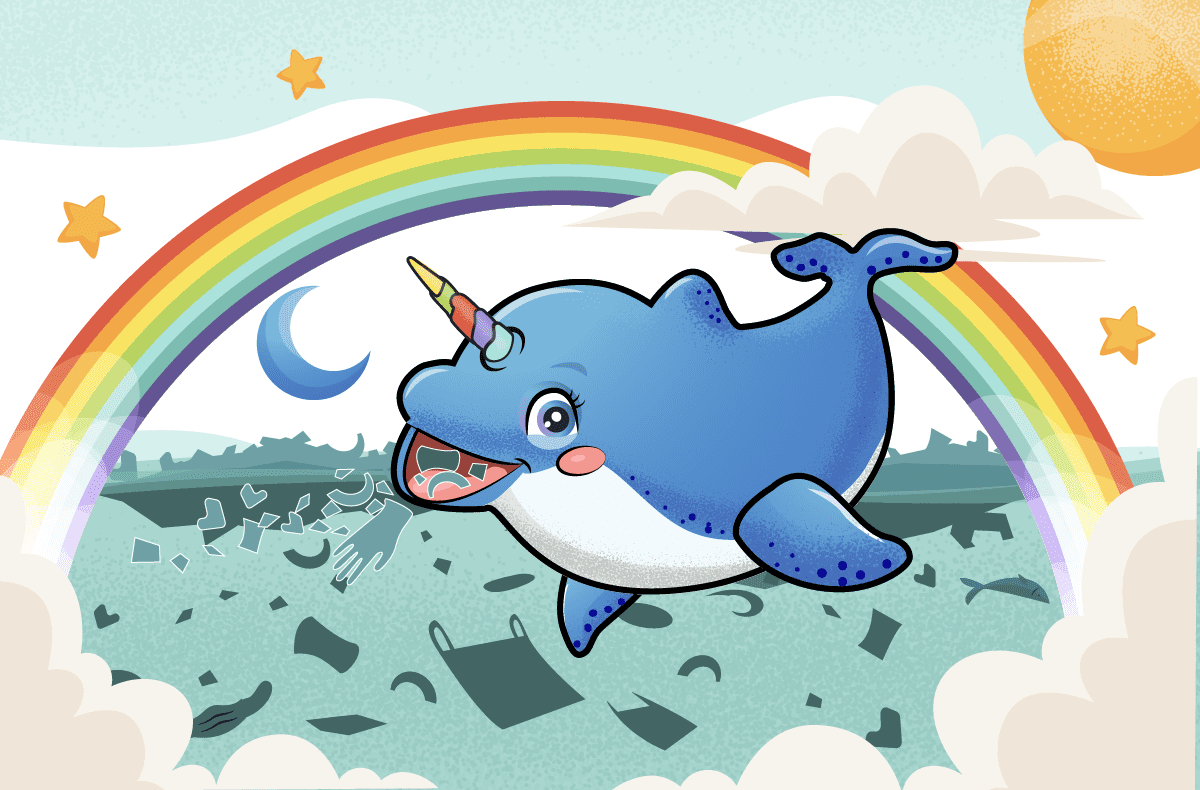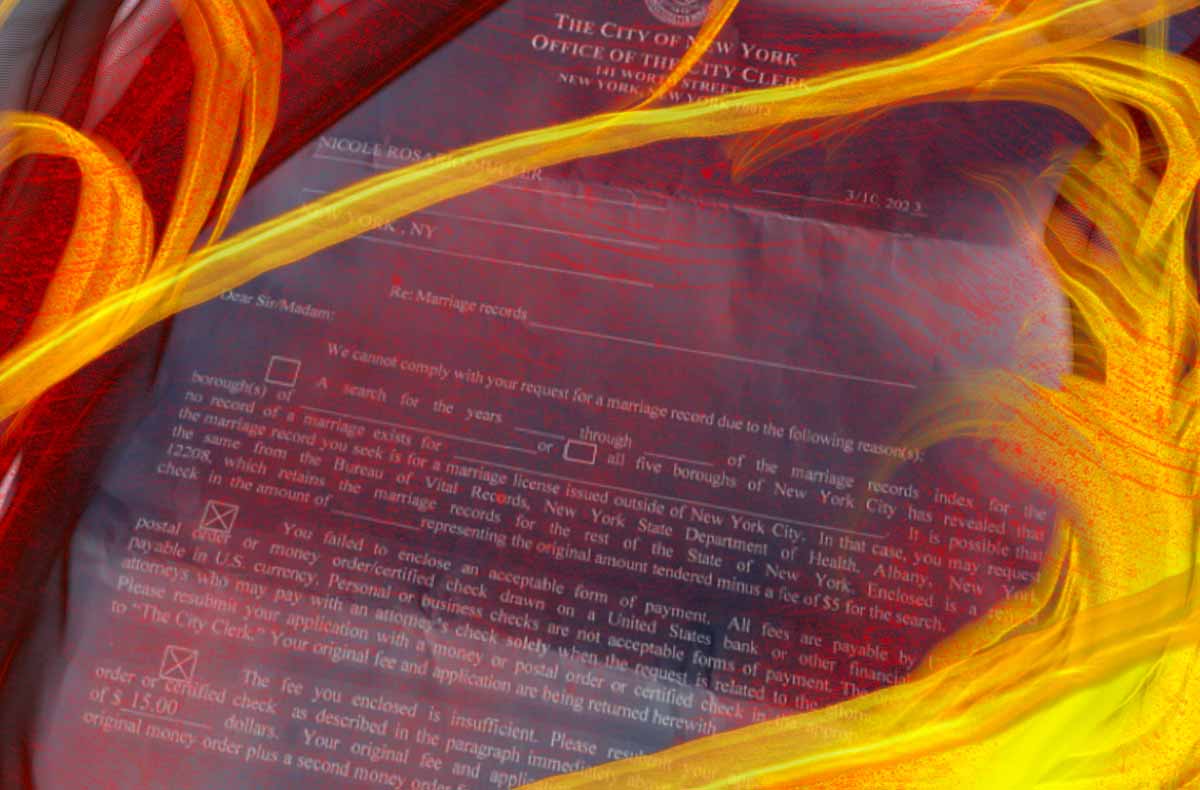
I’ve really enjoyed reading Jaime Andrews’ material for New Thinking, and her newest piece on doing “the thing” you’ve always dreamed about but have long put off was no exception. It’s frankly alarming to consider the amount of time we all spend thinking about doing something, worrying about doing something, and rationalizing why it’s okay for us to not do something rather than… well… just doing it.
I remember the first time I heard the old joke, “Procrastination is like masturbation: it feels good but ultimately you’re just f-cking yourself.” (Boy, did high school-aged me think that was edgy!) As much as this cheeky adage might be a cliché, it’s also completely true. There’s never been a time where I thought, “boy, am I glad that I actively avoided doing the laundry…or my taxes…or opening my new bank account…or paying my credit card bills…or figuring out my marriage license…or ordering my wedding favors.” (Shit. I think I need to go plan my wedding.)
I hear you, imaginary contrarians out there:
“But Nikki,” you say, “everything happens for a reason.”
“But Nikki, did you not see the classic late 90s Gwyneth vehicle, Sliding Doors? What if putting off your taxes actually is why you met the man of your dreams!?”
“But Nikki, didn’t you recently share with everyone on your social media that piece about how procrastination is a valid part of the creative process?”
The answer is: yes. But also: no.
The “yes” part comes in the form of: everyone’s thoughts need some time to “steep”—your metaphorical tea will be a weak brew if you don’t let it sit for a while. So, sure: in this sense, I completely agree with that BBC article’s assessment that “creative insights need time to percolate– and that the right amount of distraction may be key to innovation.” I came up with the idea for writing this piece a week ago before coming back with some hotter takes—like that sick masturbation joke, amirite?
But whereas the BBC’s article refers to Mozart coming up with a transcendent tune over dinner, or Agatha Christie dreaming up some new action for Poirot’s “little grey cells” in the bathtub, I’m talking about the insidious breed of modern procrastination. This isn’t just laziness—it’s active avoidance, psychic castration, a numbing of the mind that’s so readily available to us all through new technology, and which the modern scourge of anxiety and sundry mental illnesses makes all but irresistible.
I’m talking about the digital binge—whether that means spending hours playing Candy Crush on your phone, scrolling Twitter or TikTok, or watching entire series on streaming platforms in one wasted day. While there’s nothing wrong with a little maxing and relaxing, our screens are just a little too easy to digest, a little too tempting, a little too easy to switch on and lure us into complacency. Unlike reading, which requires active mental processes for comprehension, watching puts us into a passive place of receiving. As much as I love me some phone games paired with a good guilty pleasure binge of sweet garbage television, I also recognize it’s really not driving forward any kind of tangible progress in my life.
Back in 1927, theorist Harold Laswell coined the Hypodermic Needle or Magic Bullet Theory, based on the budding use of propaganda films at the time, where he claimed media was like a bullet or needle injected directly to the mind of the passive viewer. While this was subsequently overturned for more nuanced models in the communications field, there’s still a strong kernel of truth behind it: media that we receive rather than actively engage in creating puts us into an inactive state, and modern life has featured an unnerving proliferation of such media.
I don’t think it’s a coincidence that this kind of escapist media and the tradition of binge watching with it has become so enormously popular these days. It lets us exit our minds and disengage. That’s a respite we could all use in a time where there’s literally no end to things to worry about, which leaves many of us with anxiety so potent it could power the island of Manhattan if harnessed as green energy. So instead of procrastinating in a way that really allows our brain the space it needs to rest, recharge, and process, we wind up throwing that baby in digital formaldehyde, which keeps us comfortably doing none of the things we’re actively avoiding. The state of my mental health is pretty reliably reflected in how many unread emails are in my inbox and how many hours of television I’ve been watching. If it’s a few hours uninterrupted and 200+, I’m in a bad place.
The worst part is that, when you “come to” out of a really big bout of procrastination, the guilt over it is often so bad that you want to curl right back up with your Netflix all over again. This ties into Jaime’s article: we’ll often think and fret about realizing some dream, but we get trapped in our feelings about not being good enough, not doing it right, or feeling bad that we haven’t done it yet. Which is an even bigger waste of your mental energy than dedicating your entire weekend to beating your high score on Angry Birds.
The good news is: you can really rapidly overcome all that anxiety and all those bad feelings with one magical action: doing the thing. Literally…just do it. Don’t think about doing it. Don’t think about how you haven’t done it. Just do it.
This applies not only to creative dreams and withering deadlines: this applies to relationships with others, and to yourself. Have you fallen off a daily practice that helped your mental health and now you’re feeling guilty for not meditating or journaling? Just do it. Feel bad that you didn’t workout yesterday, or eat all your veggies? Do it today. Worried about how you haven’t boned your partner in a minute? Just do…them.
Every moment is an opportunity to act. That’s why the present is a gift. (Yes: another cliche that I thought was amazing the first time I heard it.) Don’t think about what you’ve failed to do in the past, or what you might fail to do in the future. (Future tripping: it’s real! And real pointless.)
Of course, a naturally anxious, creative, and easily distractible woman, I have to remind myself to take this advice myself pretty constantly. But it never stops being great advice—which is also probably why it still is a major shoe brand’s motto.
So next time you’re about to click “I’m still watching” into your fourth hour of streaming, maybe use the judgy pause Netflix has programmed in to check in with what it is you might be avoiding. And once you figure out what it is: just do it. You’ll be glad you did.



